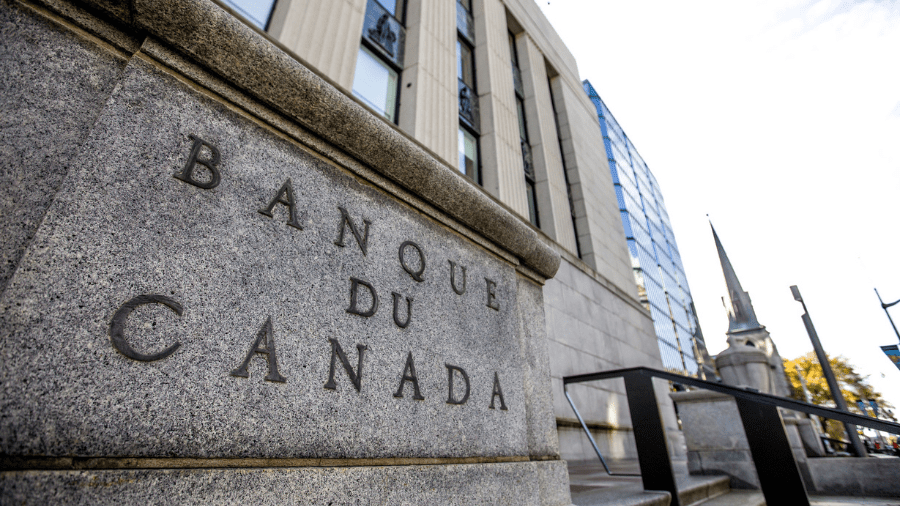This article originally appeared in the Financial Post. Below is an excerpt from the article, which can be read in full here.
By Philip Cross, September 23, 2022
Many countries granted their central banks independence from direct government operational control in order to immunize them from political considerations and help keep inflation low. As inflation has surged over the past year, however, this independence is increasingly under scrutiny. New British Prime Minister Liz Truss has criticized the Bank of England for excessive money-printing and wants to toughen its anti-inflation mandate as prices are projected to rise 18 per cent or more unless her government adopts expensive energy price subsidies. The official oppositions in New Zealand and Canada, the latter led by new leader Pierre Poilievre, have called for a review or audit of their central banks. Sniping at the U.S. Federal Reserve Board has been a popular pastime for years in both the Republican Party and among Democrats such as Senator Elizabeth Warren.
How organizations react to outside challenges reveals a lot about the quality of their management. Badly run outfits like the CBC are easily roiled by tests such as the threat of budget cuts. Well-run entities with strong internal cultures like the Bank of Canada or Statistics Canada are resilient; in fact, they embrace crises as opportunities to re-make and strengthen themselves. Statcan, where I worked for years, was shaken to its core in both 1986 and 2010 by controversial government proposals regarding the census yet emerged more responsive to its clients and with improved quality control. In 1993 the new Liberal Prime Minister Jean Chrétien kept his promise to terminate Bank of Canada Governor John Crow but in return the Bank extracted agreement on an inflation target that actually strengthened its mandate.
The Bank of Canada is currently examining its organization and methods because of the failure to contain inflation after 2020. It has candidly admitted some of its mistakes, acknowledging it misread the origins and virulence of the upturn in prices. The Bank’s recent announcement that it would hire the next deputy governor from outside its ranks is a tacit admission it suffers from “groupthink.” Admitting missteps is difficult for any bureaucracy — although why is a mystery since public expectations for their performance are often rock bottom and they are well-practiced at committing errors.
***TO READ THE FULL ARTICLE, VISIT THE FINANCIAL POST HERE***






